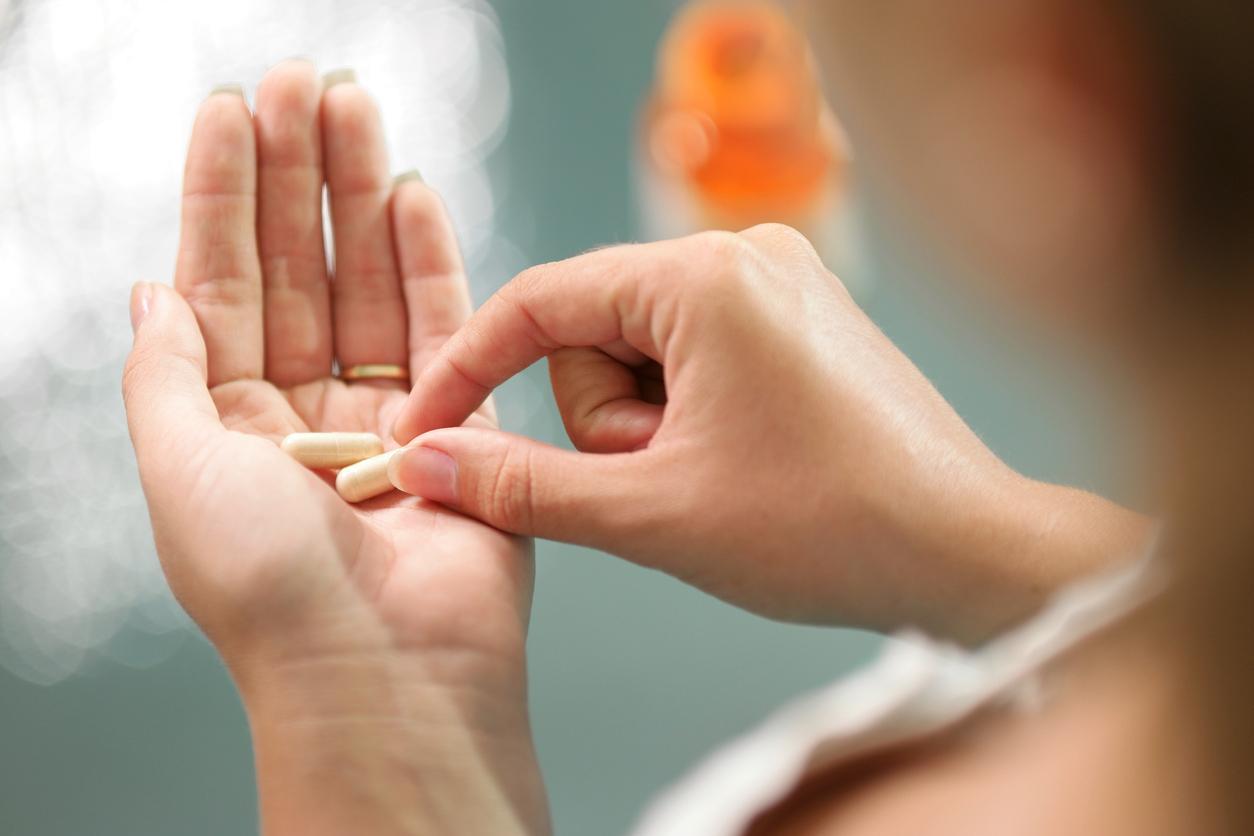Lack of sun, poor diet, overweight: more and more people are deficient in vitamin D. But before deciding whether or not to prescribe supplementation, doctors order a blood test called a serum 25 OH-D test. This is why, from 2005 to 2012, the demand for serum vitamin D dosages increased tenfold, with 8 million examinations reimbursed for an amount of 144 million euros.
An examination “not necessary in healthy subjects”
Faced with this expense and the multiplication of an examination deemed “unnecessary in healthy subjects, regardless of their age when they lead a normal life”, the National Academy of Medicine saw red. It therefore recommends that the dosage of vitamin D no longer be reimbursed when it is performed outside the scope of research for real deficiencies.
“Vitamin D intake in normal subjects, no prior dosage is required, the risk of toxic effects at the recommended doses (up to 4000 IU / day) being zero “, underline the health authorities.
However, the Academy of Medicine recommends these examinations in several clearly identified circumstances: in the event of rickets, osteomalacia (bone decalcification induced by a defect in mineralization of the skeleton), osteoporosis, or when an elderly person has repeated falls that could lead to a risk of fracture.
The serum dosage of 25 OH-D may also continue to be reimbursed when it follows surgical operations (renal transplantation or bariatric surgery) or whenever it seems necessary to carry out a complete assessment of the phosphocalcic metabolism. “The examination also remains of certain interest in patients whose clinical condition may suggest a vitamin D overload (recurrent renal colic, nephrocalcinosis)” underline the doctors of the Academy.


















